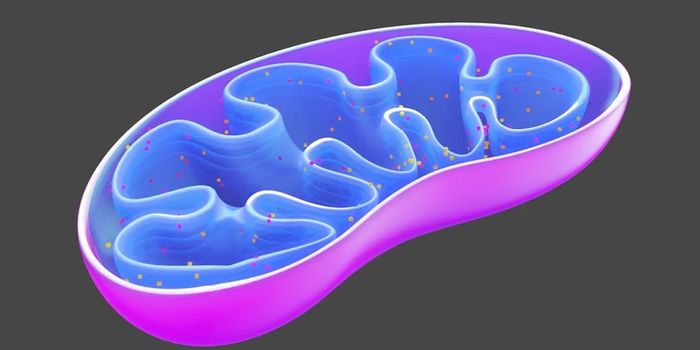B cell Reprogramming Enhances Disease Therapy
Our immune systems are made of various cells the orchestrate responses to foreign invaders. Each cell works in concert with one another to efficiently identify, target, and eliminate deleterious pathogens. The immune system generates two responses to combat infection including the innate and adaptive response. Innate immunity is comprised of cells that are the first to respond to infection. These cells are non-specific and target a variety of pathogens. The innate immune response is also responsible for swelling and inflammation. Alternatively, the adaptive immune system is a more targeted response activated by the innate immune system. T cells are activated by innate immune cells that tell it which infected cells to attack. T cells are primarily responsible for the targeting of mutated or infected cells and are a major focus immunotherapy, specifically for cancer. B cells are another cell type in the adaptive immune response with the responsibility of generating antibodies to identify and target infected cells. B cells can also secrete proteins and further signal immune cells to traffic to the site of infection.
Over several decades scientists have developed technologies to engineer immune cells to specifically target different diseases. Initially performed for T cell therapy, the engineered chimeric antigen receptor (CAR) T cells demonstrated significant success in hematological malignancies. While scientists are still working on this therapy for various forms of cancer and disease, other researchers are applying this engineering concept to other cells including B cells.
A recent article in Nature Biomedical Engineering, by Dr. Paula M. Cannon and others, reported a way to engineer B cells to survey and rapidly produce antibodies to target cancer, human immunodeficiency virus (HIV), and others. Cannon is a Distinguished Professor in the Department of Molecular Microbiology & Immunology at the University of Southern California, Keck School of Medicine. Her work focuses on bioengineering immune cells to recognize and eliminate infections and disease, particularly HIV. Cannon specifically alters protein expression through genome editing in stem cells to further develop anti-HIV therapies.
The team worked to improve antibody functional efficiency. For example, many diseases including HIV mutate constantly and overcome antibody production. The goal of engineered B cells was to ‘get ahead’ of a disease and make it harder for it to mutate. The innovation behind this rapid antibody production is that it can generate a wide variety of antibodies which can identify and neutralize disease.
Cannon and her team used gene editing tools to instruct the DNA in B cells to generate custom antibodies. In other words, the B cells are genetically modified to produce a lot of antibodies. In a healthy immune system, vaccines stimulate the immune system to generate antibodies for diseases people were vaccinated for. Similarly, these reprogrammed B cells can also be stimulated using a vaccine but will produce various antibodies at a faster rate. While this concept was successfully demonstrated in the lab, the team is trying to move it forward for commercial use. This is a major shift in how scientists approach disease and provides an alternative way that would enhance therapeutic efficacy. Overall, the technology developed by Cannon and others has the potential to increase antibody output in hard-to-treat diseases and improve patient outcomes.
Article, Nature Biomedical Engineering, Paula M. Cannon, University of South California, Keck School of Medicine








